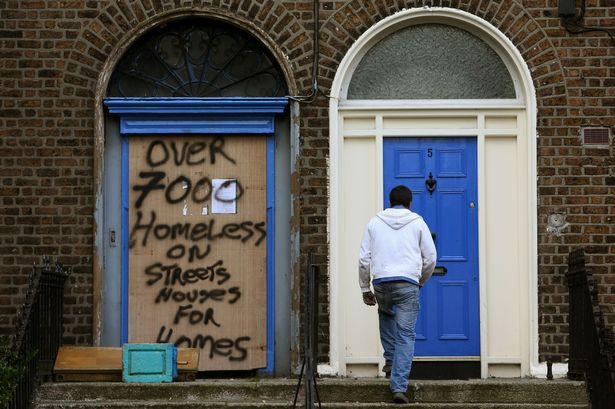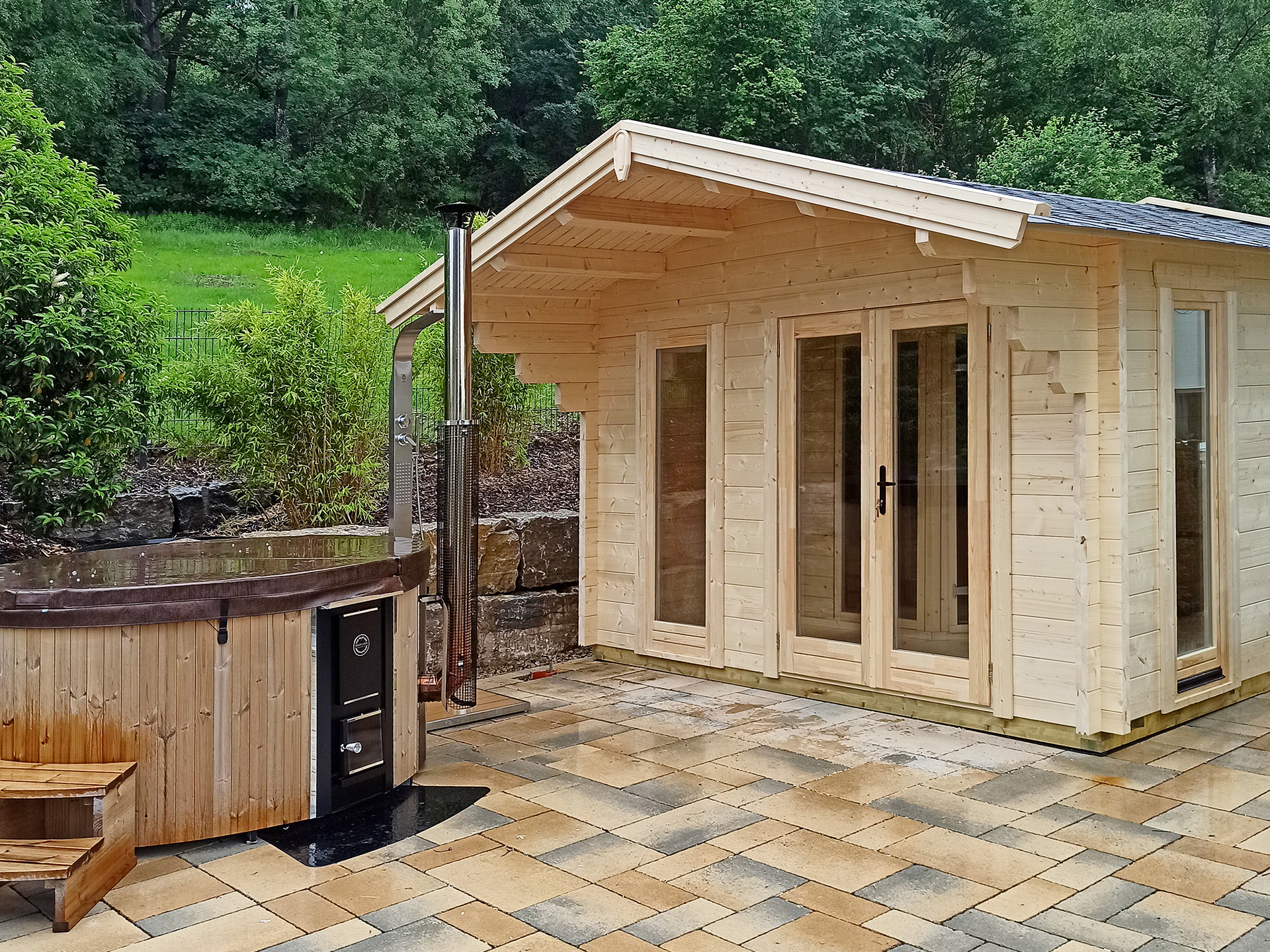Government to Relax Planning Rules for Garden Cabins: A Solution to Ireland's Housing Crisis?
The Irish government is considering a controversial proposal to relax planning regulations for the construction of cabins and modular homes in back gardens. This move comes amidst a persistent housing shortage and soaring rental costs, prompting a heated debate about its potential effectiveness and unintended consequences.
Current Planning Regulations and Proposed Changes
Currently, Irish planning regulations allow for extensions up to 40 square meters (430 sq ft) to be built without planning permission, provided they are attached to the main dwelling. However, free-standing structures of a similar size require planning approval, creating a significant hurdle for those seeking to build garden cabins or modular homes.
The proposed changes, spearheaded by Minister of State at the Department of Housing John Cummins, aim to remove this distinction. This would essentially mean that free-standing modular or cabin-style homes, potentially up to 40 square meters, could be built without the need for planning permission, provided sufficient rear garden space is available. The proposal draws comparisons to successful models in places like Vancouver and California, where log cabins have been utilized to address housing shortages. Progress Ireland, an independent think tank, even suggests such measures could potentially deliver up to 350,000 additional homes.
Concerns and Criticisms
This proposal, however, isn't without its critics. Concerns have been raised about the potential strain on existing infrastructure, particularly water and sewage systems, especially in areas already operating at overcapacity. There are also worries about the quality of these dwellings, with some fearing that a relaxation of regulations could lead to the construction of substandard housing that would detract from the amenity of existing properties. As far back as 2019, Dublin city councillors rejected a similar proposal, citing concerns about the potential for poor residential amenities.
Furthermore, there's the question of whether this addresses the root causes of the housing crisis. Critics argue that this is merely a band-aid solution, a ‘tinkering around the edges’ that fails to tackle the underlying issues of land scarcity, affordability, and lack of sufficient long-term housing solutions. Sinn Féin leader Mary Lou McDonald aptly summarized this sentiment, stating that this proposal “simply highlights just how broken and how failed your response to the housing crisis is.”
The cost of such structures, ranging from €30,000 to €80,000 depending on size and features, is also a factor. While potentially cheaper than traditional housing options, they are still a significant investment for many. The fact that mortgage and insurance companies view these structures dimly also presents a barrier to their broader adoption. Moreover, concerns have been raised regarding access for emergency services, particularly in the case of fire. The potential for overdevelopment in certain areas is another consideration.
Potential Benefits: Intergenerational Living and Affordable Housing
Despite the concerns, supporters highlight the potential benefits. Minister Cummins views this not as a solution to the rental crisis, but as a facilitator of “intergenerational movement.” It could enable children to live independently near their families, or allow parents to downsize while staying within their communities and maintaining close family ties. This also holds potential for providing affordable housing options for some, especially when considering the considerably lower cost compared to traditional apartments or houses.
Progress Ireland's Seomra plan points to the success of similar policies in places like Vancouver (where 35% of single-family homes have some form of cabin) and California (where nearly 20% of all housing units in 2022 were some form of cabin). This data suggests a potential for this model to significantly contribute to the housing stock, while also enabling multigenerational living and providing a more sustainable path to home ownership.
A Pathway for Multigenerational Living
This policy is explicitly designed to support multigenerational living. It seeks to address the circumstances of aging parents who wish to remain close to their families but may require more compact and independent living spaces. Similarly, it might provide a cost-effective alternative for young adults looking to live independently but still within the familial support network.
The Way Forward: Public Consultation and Uncertain Future
The Department of Housing is currently developing concrete proposals, which will be followed by a public consultation process. The future of this initiative remains uncertain, with many questions remaining unanswered. However, the ongoing debate highlights the pressing need for innovative solutions to Ireland’s housing crisis, and the need to weigh the potential benefits against the associated risks and challenges. The government's efforts to review existing grant schemes to refurbish vacant homes further underscores the commitment to diverse strategies in addressing housing shortage.
This policy, while not a panacea for the complex housing crisis facing Ireland, might offer a valuable tool to increase housing stock and foster multigenerational living. It does, however, necessitate careful planning and implementation to avoid unintended consequences. Ultimately, the success of this policy hinges upon a balanced approach, addressing concerns regarding infrastructure, building standards, and the overall impact on existing communities. A comprehensive and transparent public consultation will be crucial in shaping the final regulatory framework.
The initiative’s success will ultimately depend on careful planning and mitigation of potential negative consequences, such as the strain on existing infrastructure and potential impacts on neighboring properties. This approach, in addition to a review of the government’s grant scheme, represents a move toward a more diverse range of solutions in addressing Ireland's housing crisis. The outcome of this discussion will undoubtedly shape the future of housing policy in Ireland for years to come.


















